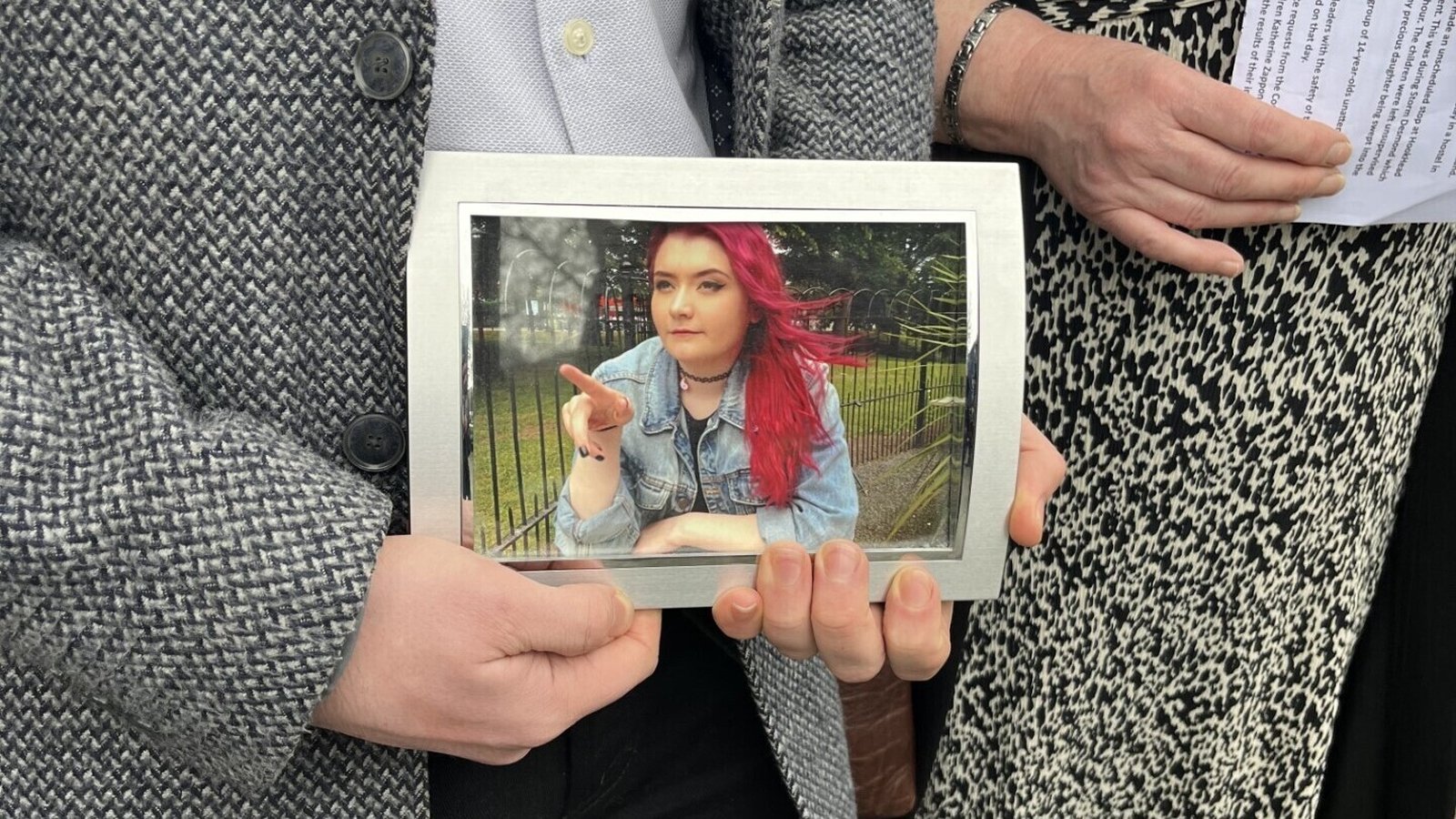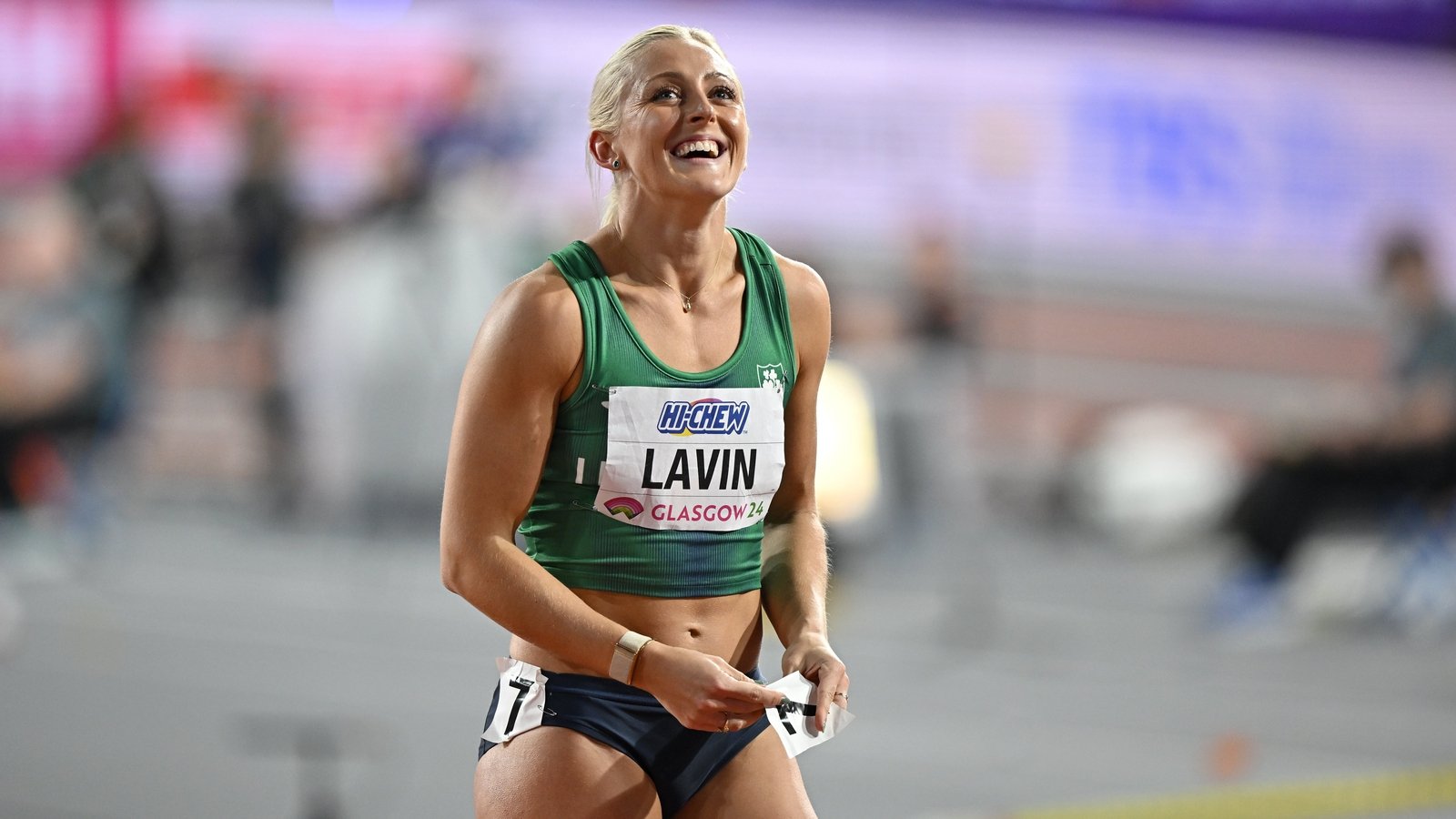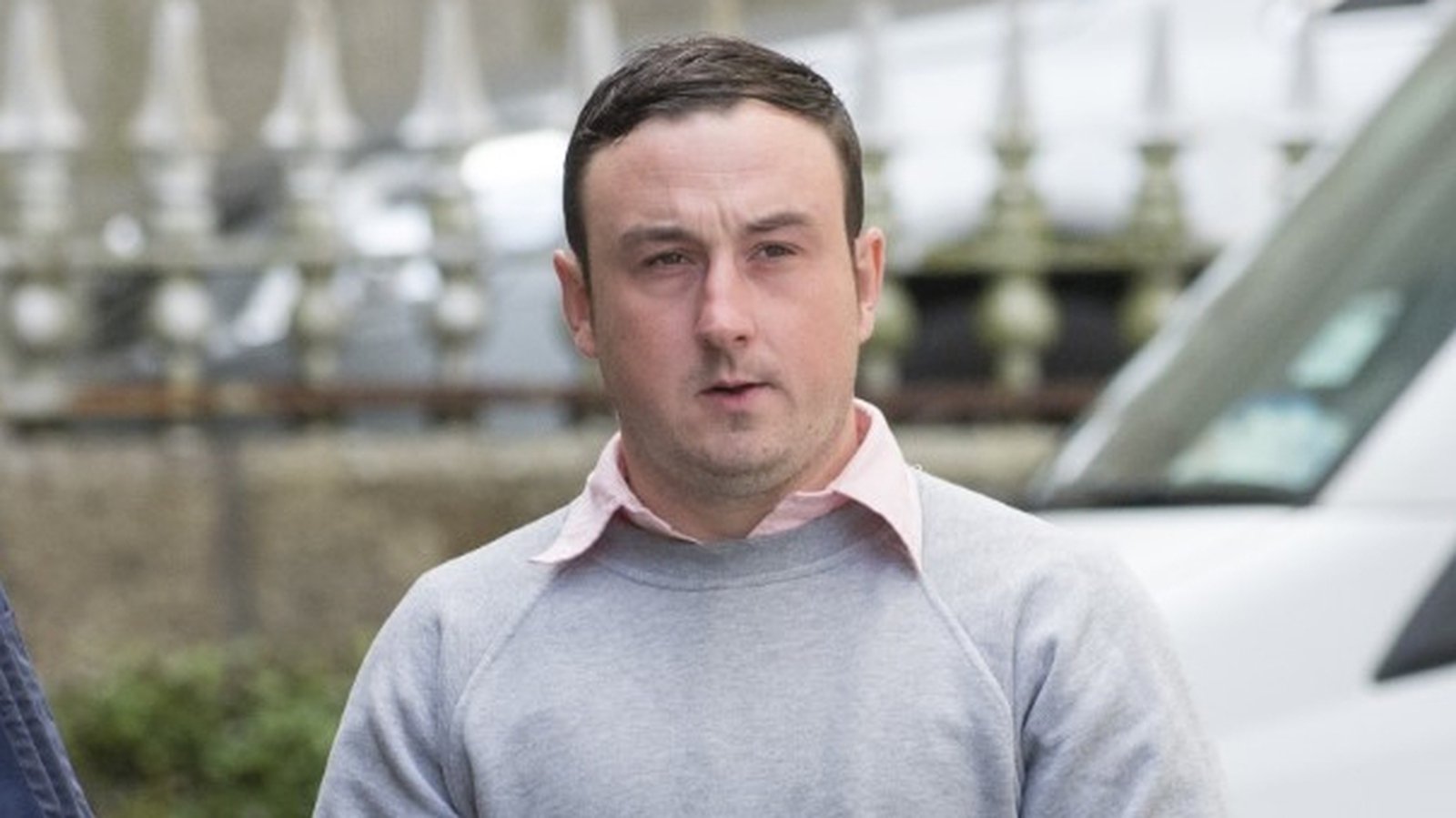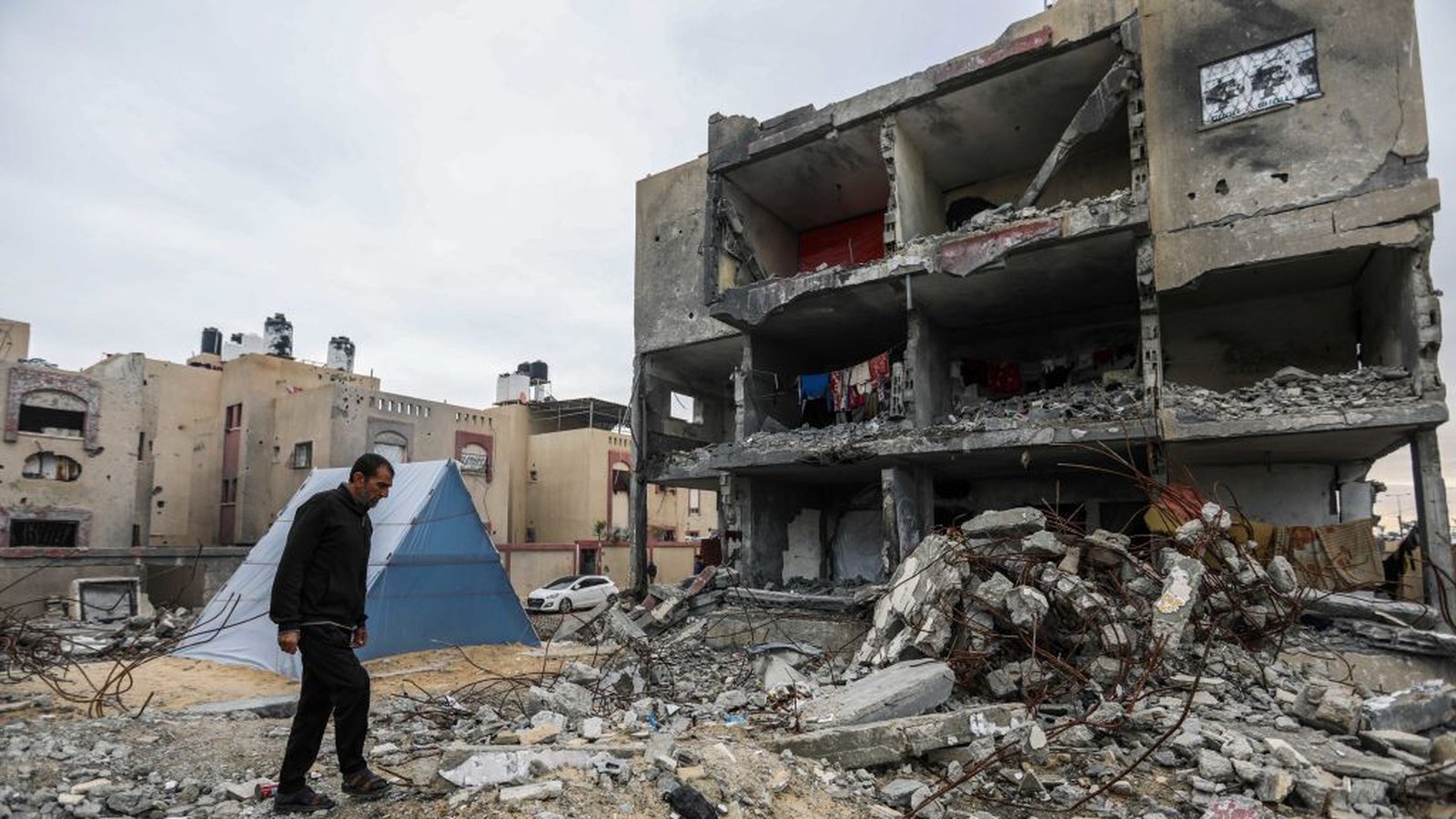What next as Spanish PM suspends duties after allegations
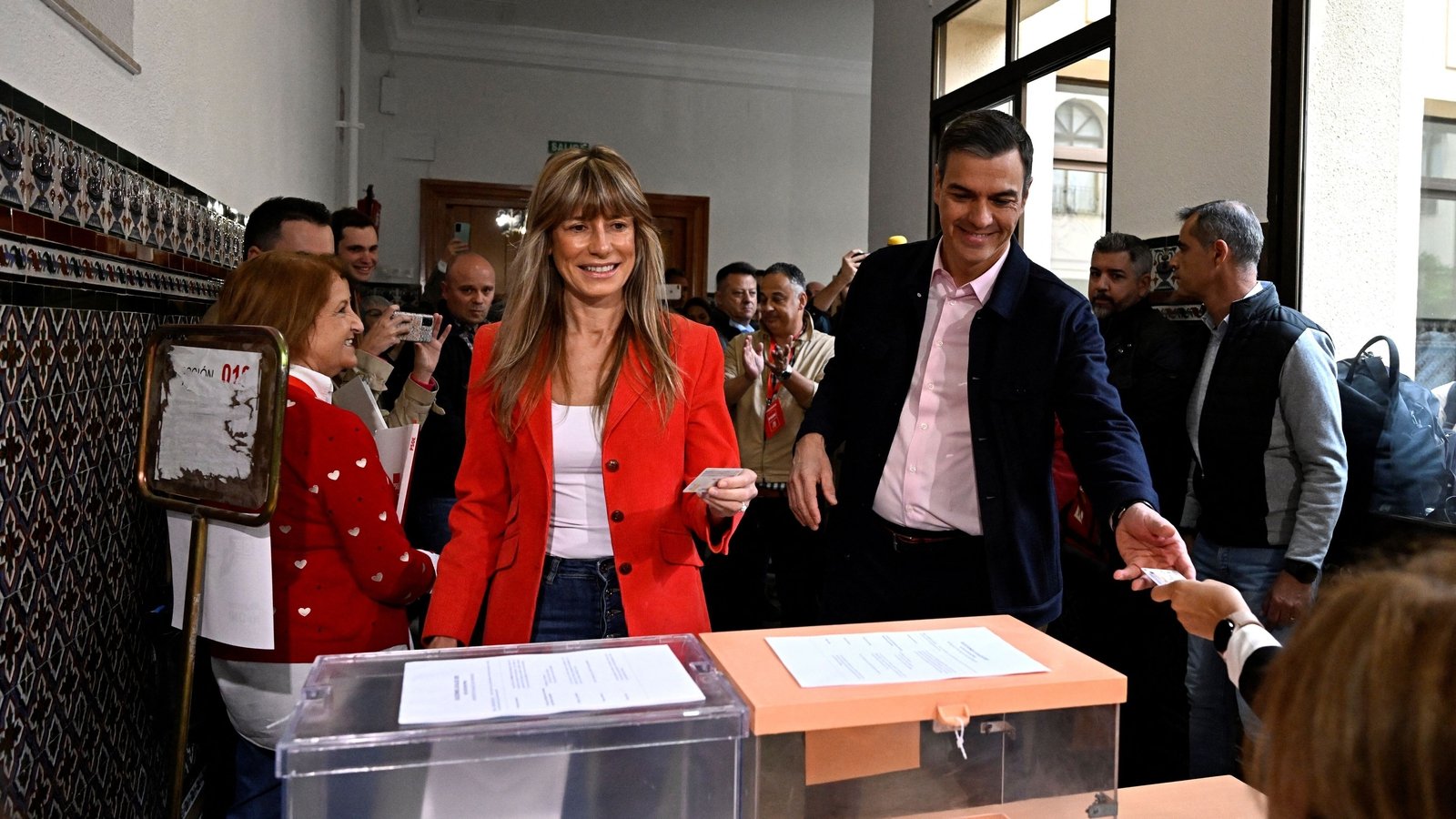
Spanish prime minister Pedro Sanchez has said he will suspend public duties until next week to decide whether he wants to continue leading the government after a court launched a preliminary investigation against his wife.
Mr Sanchez, who last year secured another term for his Spanish Socialist Workers’ Party (PSOE) as leader of a minority coalition government, said he would announce his decision on 29 April.
“I urgently need an answer to the question of whether it is worthwhile … to lead the government or renounce this honour,” he wrote in a letter shared on his X account yesterday.
What prompted Sanchez’s move?
A Spanish court confirmed yesterday that it had launched a preliminary investigation into his wife, Begona Gomez, for alleged influence peddling and business corruption following a complaint raised by anti-corruption campaign group Manos Limpias (Clean Hands), whose leader has links to the far-right.
The court did not provide further details as the case is sealed and in the early stages.
Manos Limpias accused Ms Gomez of using her influence as the wife of the prime minister to secure sponsors for a university master’s degree course that she ran.
Ms Gomez has not commented. Mr Sanchez said his wife has done nothing illegal and is being attacked “to weaken me politically and personally”.
He has said his wife will defend her honour and will cooperate with the proceedings.
Manos Limpias uses a unique Spanish legal instrument known as the “people’s accusation” to bring criminal complaints against third parties.
Judges can choose whether or not to act on such complaints, and not every accusation has led to a judicial investigation.
Several media outlets reported that the directors of two online news outlets that originally published the claims of Ms Gomez’s alleged wrongdoing will testify as witnesses.
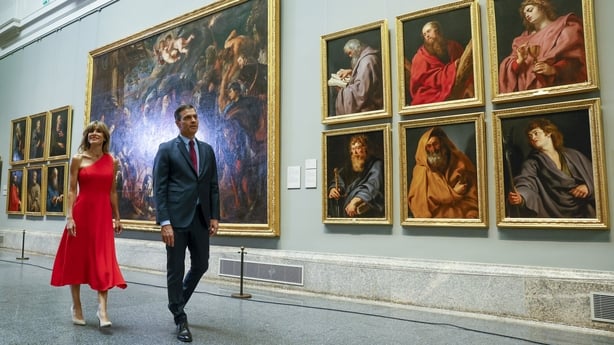
What are the allegations against his wife?
Manos Limpias claimed – citing the online newspaper reports – that Ms Gomez received favours from airline Air Europa and its Spanish holding company Globalia during her time as director of an African research centre at Madrid’s IE business school until 2022, according to radio station Cadena Ser, which shared a document it said was the legal complaint on its website.
IE said in a statement that it had never received any financial support from Globalia or its entities.
In March, Spain’s conflict of interests watchdog threw out a complaint made by the opposition People’s Party that claimed there was a link between a government bail-out for Air Europa, following the Covid-19 crisis that grounded travel, and the “economic and professional ties” of Mr Sanchez’s wife.
In a joint statement from March, Globalia and Air Europa said the aid received from the Spanish government was “in line with the parameters of other aid received by different companies in the sector in Spain and the rest of Europe”, and it considered itself a victim of “political crossfire”.
What happens next?
Potential outcomes range from Mr Sanchez remaining as prime minister to his resignation – which would lead to either a new candidate standing for a vote in the lower house or a snap election in the summer – or he could submit himself to a confidence vote to reinforce his leadership.
According to Spain’s constitution, new elections can only be called one year after parliament was last dissolved.
This means the earliest Mr Sanchez could formally call a snap election is 29 May, resulting in a vote no earlier than 21 July.
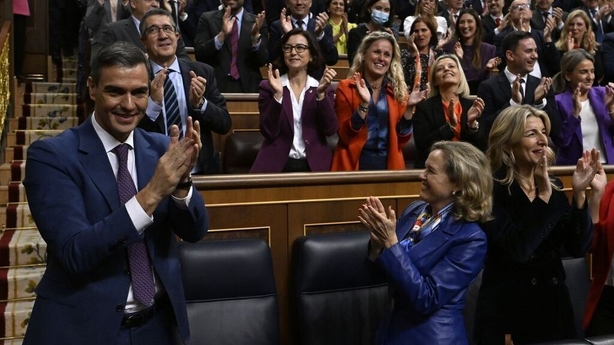
However, he could announce on Monday his intention to do it on that date, after which his government would remain in a caretaker capacity until a new one is formed.
Were he to lose a parliamentary confidence vote, he would have to resign.
If Mr Sanchez steps down, King Felipe would have to meet with all parties represented in the lower house to kick off a new investiture process, designating a candidate who needs a parliamentary majority to become prime minister.
What other corruption cases are there in Spain?
In Spain, politicians of all stripes routinely accuse each other – along with family members and associates – of corruption and there have been some high-profile scandals that resulted in convictions.
Mr Sanchez came to power in 2018 when the previous conservative government lost a confidence vote in the wake of a corruption scandal.
At present, there are several parliamentary commissions examining public contracts for health supplies during the Covid-19 pandemic.
Earlier this year, former transport minister Jose Luis Abalos refused calls from his PSOE party to resign as a politician after his assistant was accused of taking bribes to facilitate Covid mask contracts.

